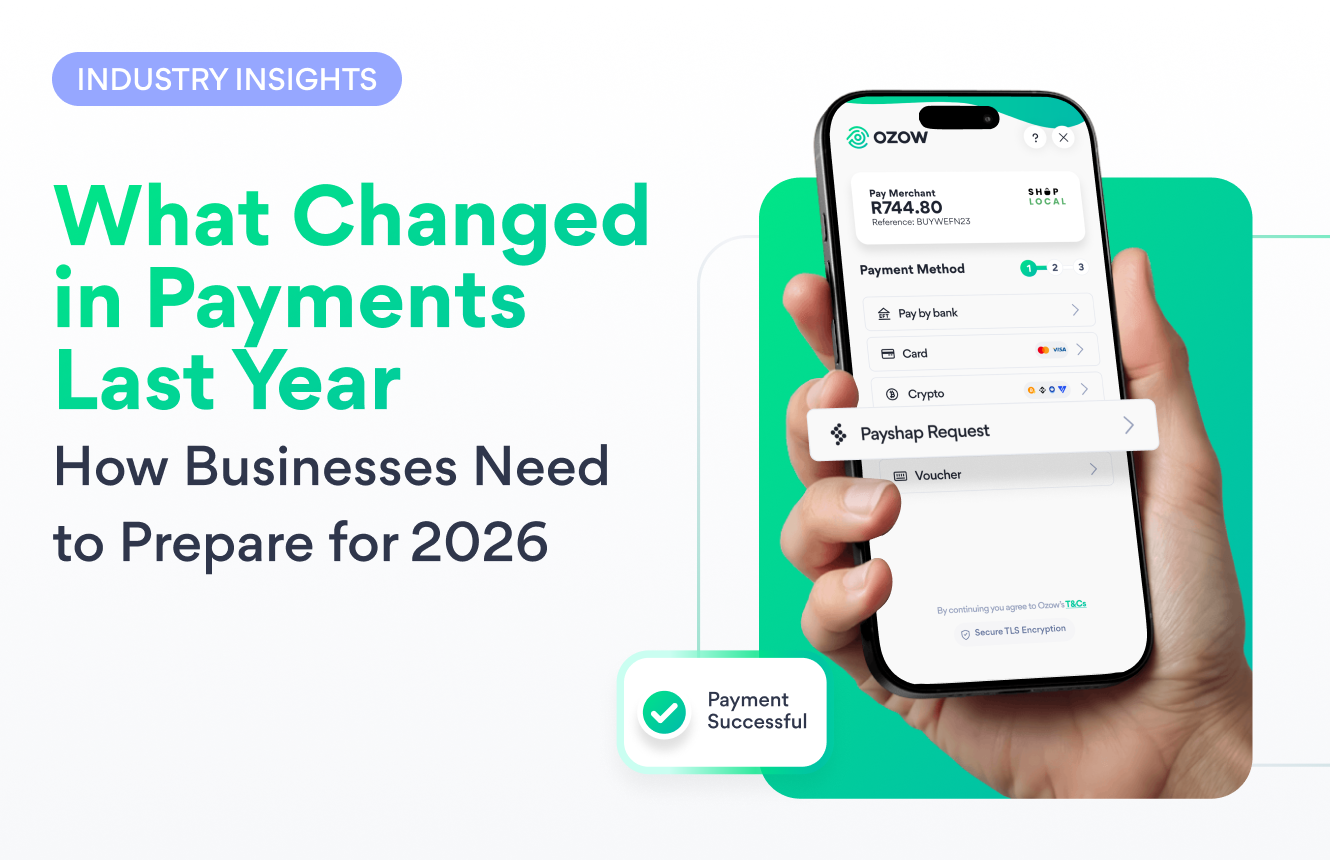
The modern financial system as we know it has recently gone through rapid change.
With the prominence of the internet age, the ability to instantly communicate and access knowledge from around the world has enabled people to engage with each other like never before. Transactions must therefore meet the same standards as instant communication. A fitting example of this progress is the shift towards a cashless society.
Sweden is currently leading in the race to be the first country to have a completely cashless society. Cash only makes up 1% of the Swedish GDP, with the country expecting to become completely cashless by March 2023. Sweden’s move is the first step toward modernising the global economy.
Economic Growth
The shift toward a global cashless economy is inevitable. This move is promising, not just for Sweden but for developing countries as well. Going cashless means that people who have never had a chance to participate in the economy finally can, creating equal economic opportunities for everyone.
The projections for how many people own smart phones in Africa is increasing year on year. At the end of 2019, 45% of the population in Sub-Saharan Africa subscribed to mobile services, with a large portion living in rural areas. The increasing number of people living in rural areas with access to smart phones creates equal opportunities to transact, as they do not have to make long and expensive trips to banks in urban areas – instead they can just transact straight from their phone. This is important for a country like South Africa, where a significant percentage of our population live in rural areas. Ozow has created a platform that does just that – provide a service that allows people to transact without the headache of dealing with a bank or the expense of owning a credit card.
Improved Security
The wonderful thing about having a cashless society is the security that it provides. Transactions made digitally leave a digital footprint which makes them easily traceable. These footprints make transactions transparent, making illicit activities such as money laundering, theft, and corruption less likely to happen.
Corruption cripples African countries – it costs them $1,26 trillion every year. A cashless society provides the framework for corruption to be eliminated by being transparent. Increased transparency helps to authenticate and formalise transactions and creates accountability for those responsible.
Breeds Efficiency
Technological advancements have enabled an increase in the use of online payments. Ozow exists as one of these advancements that has been developed to be extremely easy to use and efficient. Ease of use is especially important for any revolutionary product, as being able to perform a task better than before is one thing but being able to perform that task with ease is another. Ozow’s founding principles act on this mission through the user experience.
There are many uncertainties in life, but one certainty is that, in the future, cash will not exist. Ozow is helping South Africa take the first steps toward making this a reality. We can embrace and accept change without all the worries and uncertainties that the future may hold.
Citations
-
Ozow Marketing








